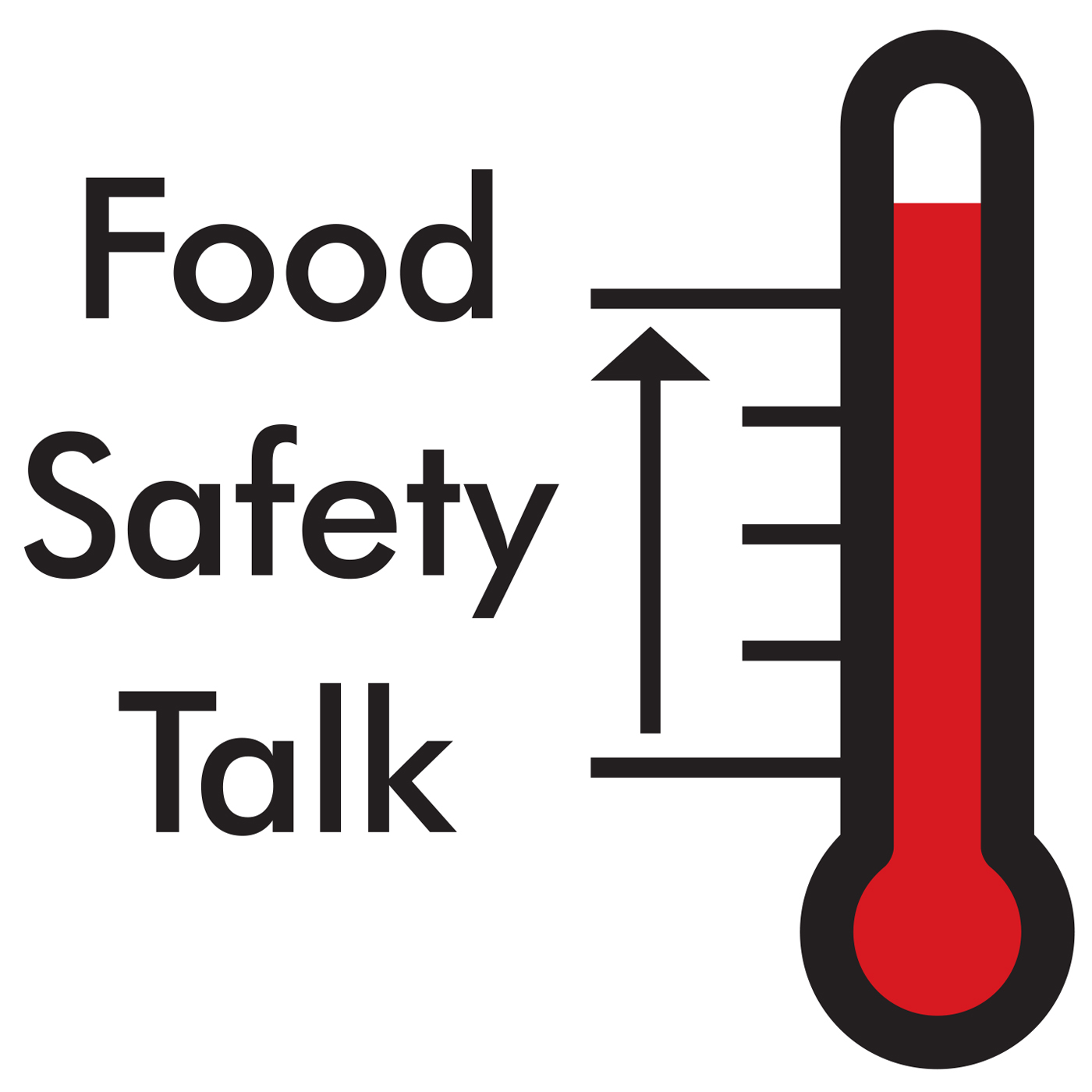Food Safety Talk 68: We Found It In Wild Pig Feces

b"Don bravely did this podcast without a microphone boom. Ben feels good despite his messy office. Ben mentions that he is currently obsessed with the Rolling Stones and likes the Shine a Light Film, Jumpin\\u2019 Jack Flash, (the song not so much the Whoopi Goldberg spy comedy film), and the song Salt of the Earth from the Stones album Beggars Banquet. They then discuss movies every kid needs to see before they turn thirteen such as Indiana Jones, Ghostbusters, E.T., and Diary of a Wimpy Kid and classic kids books including The Hardy Boys, Encyclopedia Brown, Three Investigators, Key to the Treasure, and A Wrinkle in Time. The guys then discuss their recovery after IAFP, as a follow-up to FST 66. As president of IAFP Don was very busy at the conference with meetings, breakfasts, committee responsibilities, and other assorted duties. He made the conference manageable by shirking his student poster responsibilities, not going to any talks, and skipping PDG meetings. He did however give a talk on based on a paper he has been working on with his CDC and EHS-Net (pronounced S-net) colleagues. The guys then drift to other podcasts, especially Alton Brown\\u2019s series and in particular one he did with William Shatner. If you like podcasts, food, Alton Brown, or William Shatner, this stupendous podcast is highly recommended for you. Thirty-five minutes in they decide that they should talk about food safety and get to Outbreak Flashback about a 2008 Salmonella Saintpaul outbreak that affected over 1400 nationally (as per Michelle Danyluk's suggestion. Initial CDC epidemiology analysis indicated the illnesses were associated with eating tomato dishes and FDA issued a health advisory on tomatoes. This NEJM article shows the case control studies that layout why the CDC initially thought the source was tomatoes. After tomatoes were removed from the market the illness continued and with additional data available the CDC later concluded that jalape\\xf1o and Serrano peppers were the likely source. Epidemiologic analysis was confounded by the fact that many illnesses were from restaurants where peppers were in dishes that contained multiple ingredients. Additionally the production and supply chain was very complex as is shown in the FDA\\u2019s traceback diagram. A key aspect of this outbreak is that it significantly harmed reputation and sales of the tomato industry, which estimates $400 million lost dollars as a result of the FDA\\u2019s erroneous health advisory. Talk turned to growers seeking indemnification or financial compensation for situations when the government agencies are incorrect about outbreaks. The guys then discuss a voluntary recall by Wawona Packing Co. on fresh peaches and stone fruit. A receiving company in Australia detected the presence of Listeria monocytogenes. This later led to a recall of baked goods in Wegman\\u2019s supermarket chain presumably because Wegman\\u2019s baking process is not validated. There are a surprisingly high number of comments posted to the Wegman\\u2019s article in Food Safety News which caused the guys to consider if the public health implications of this recall are more significant than first thought. For Listeria monocytogenes (LM) there are not a lot of outbreaks but rather sporadic cases; CDC estimates in 2013 there were 0.26 LM illness cases per 100,000 people in the US (for every case reported there are 2 cases not diagnosed). The guys then discuss food safety gaps common in fresh produce including poorly executed washing processes and traceability deficiencies. In after dark the guys discuss that Dean Richard Linton, Dean of the NCSU College of Ag, has selected the 2014 Dean\\u2019s ice cream which is dark chocolate, tart cherries, chocolate chunks and marshmallow swirl."